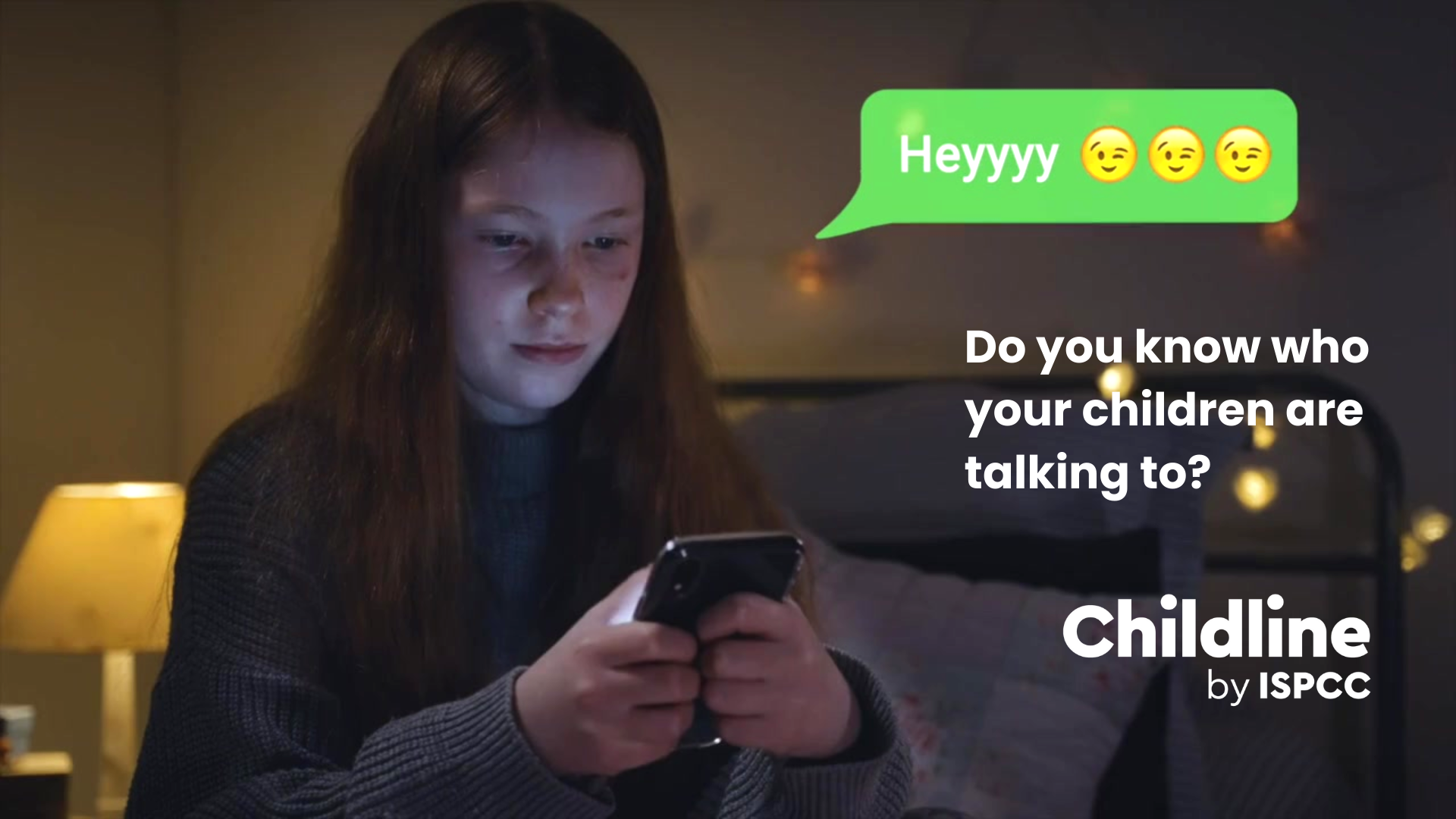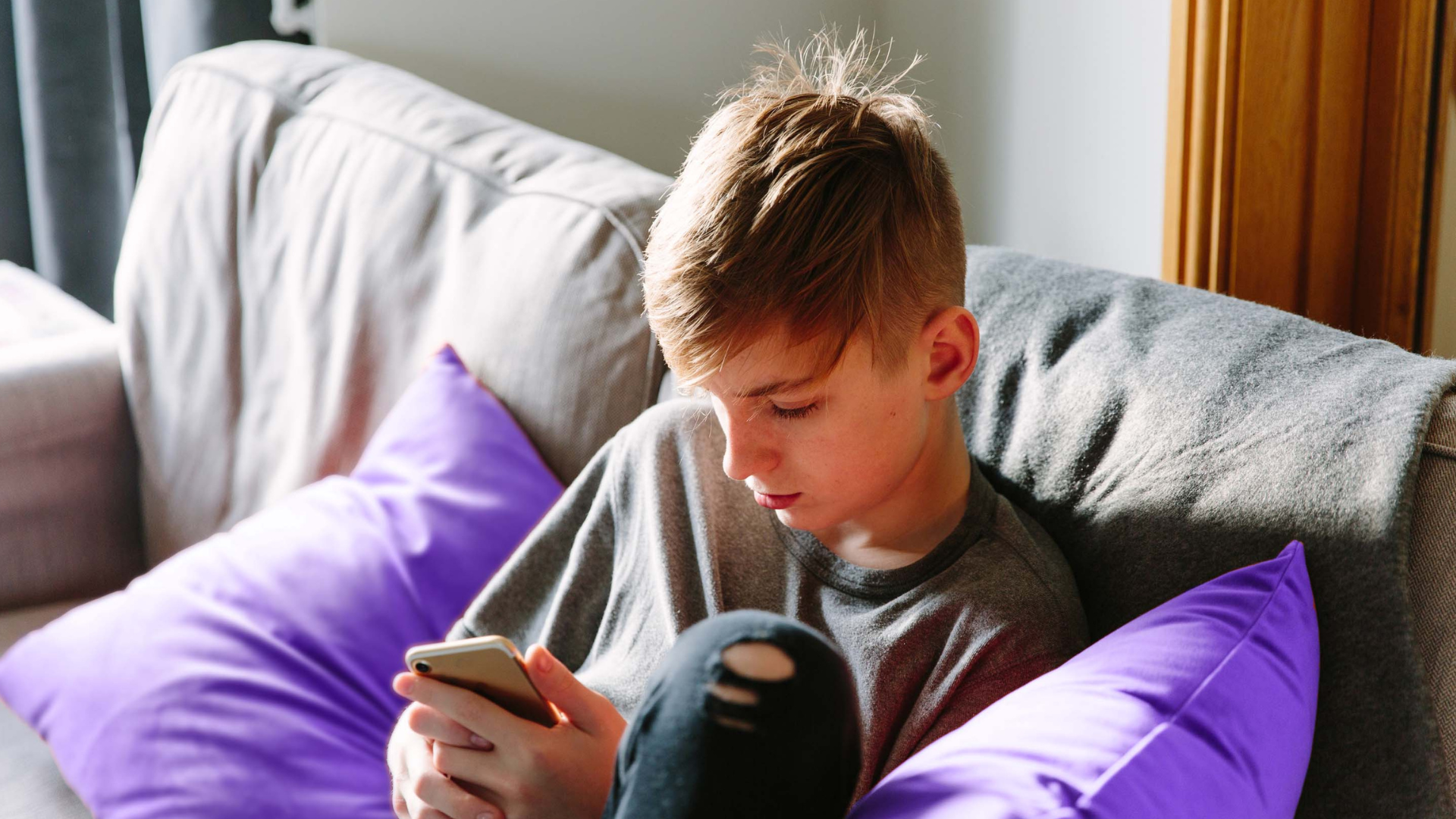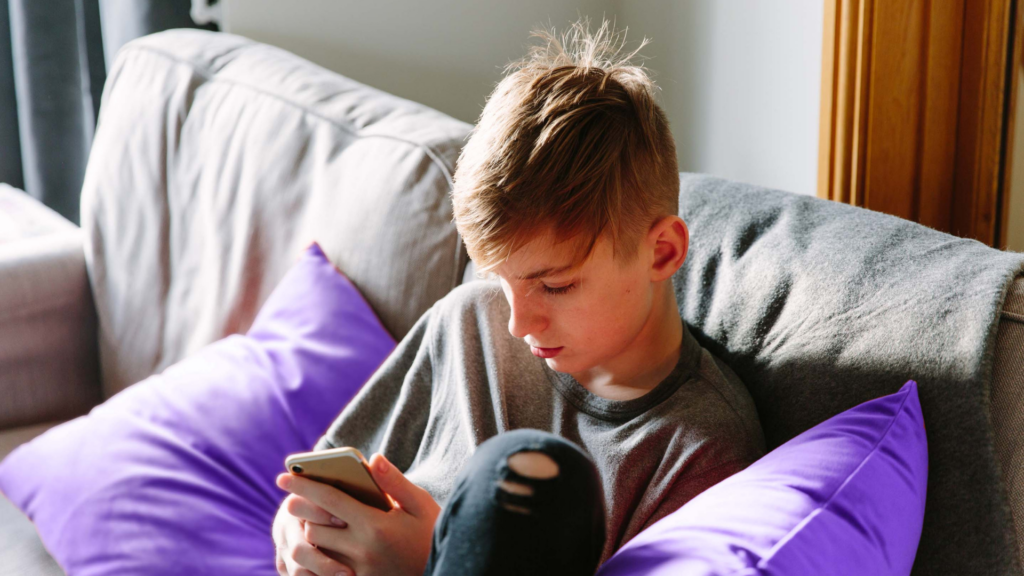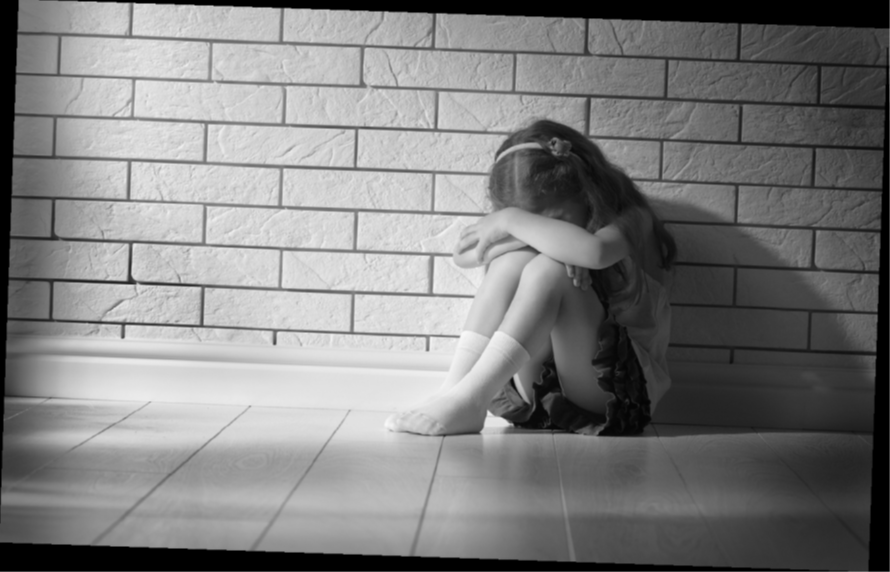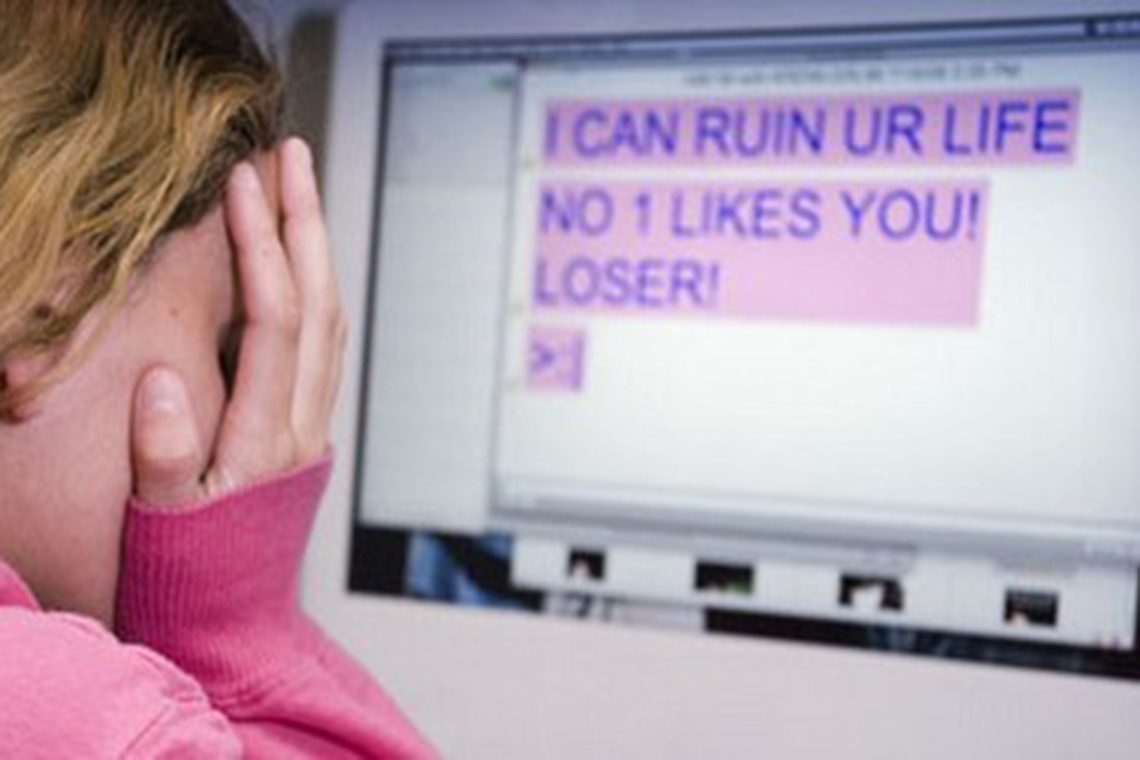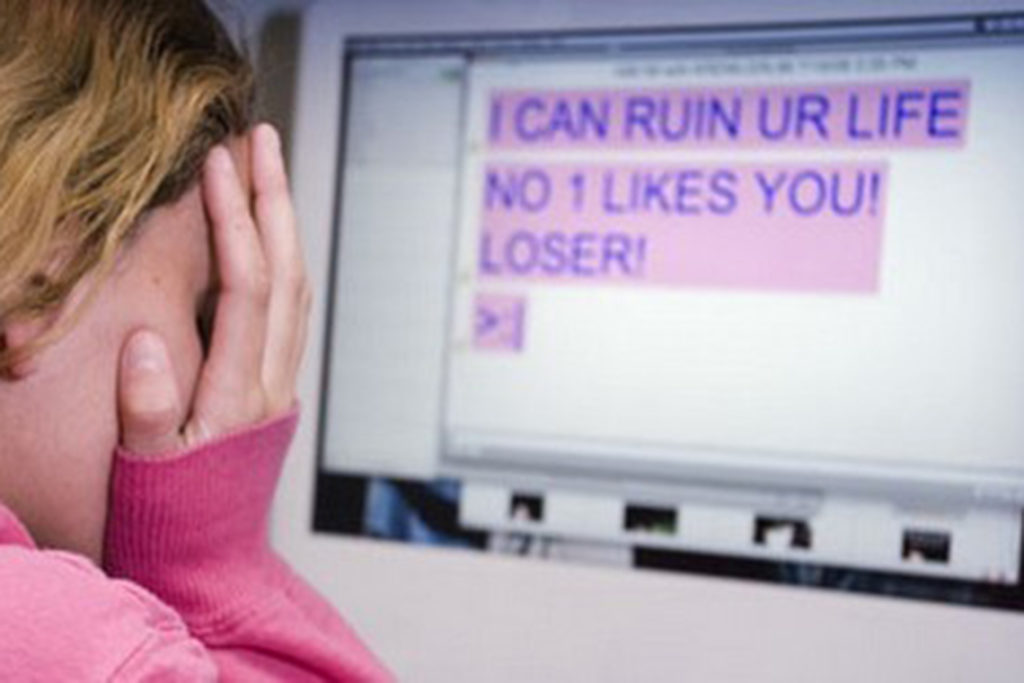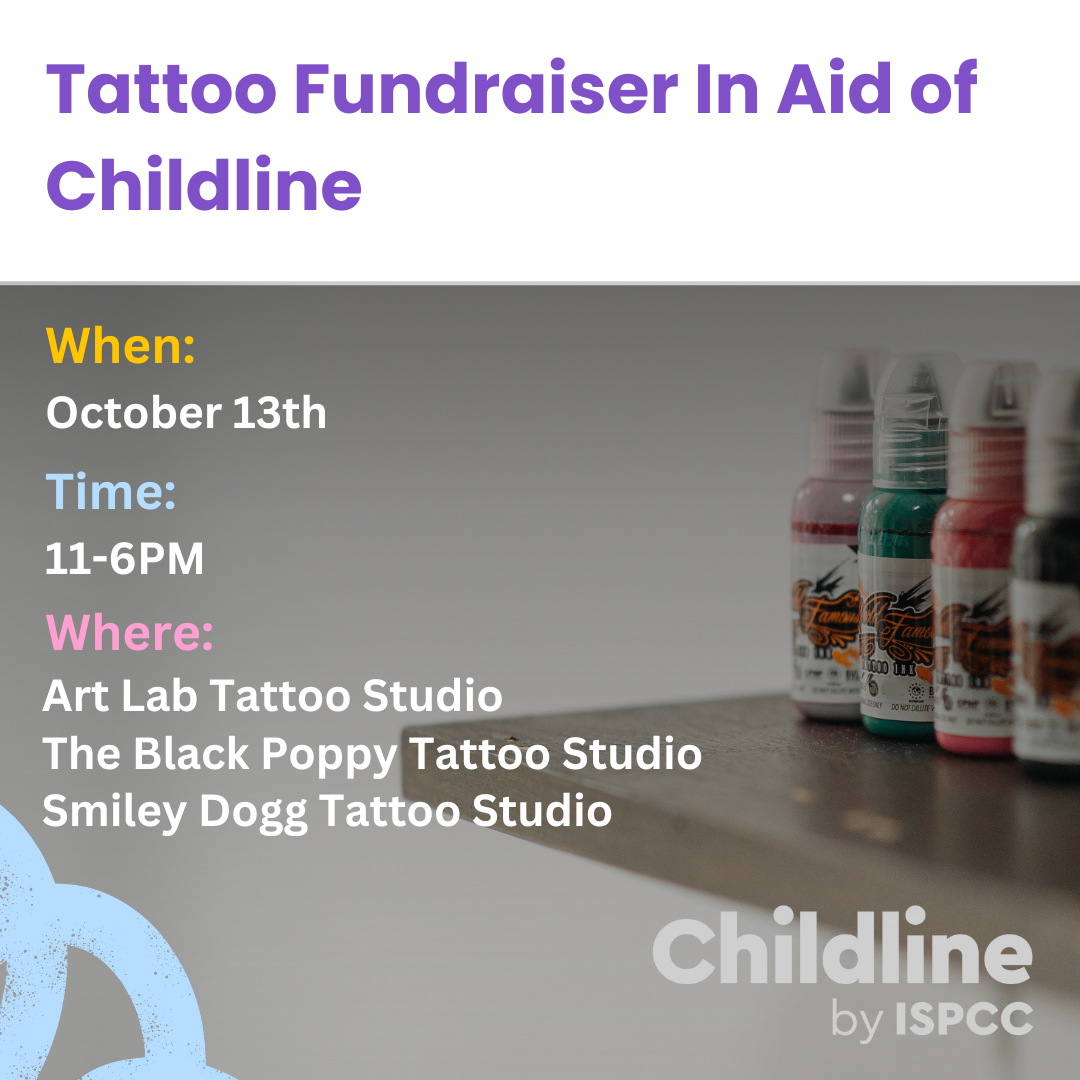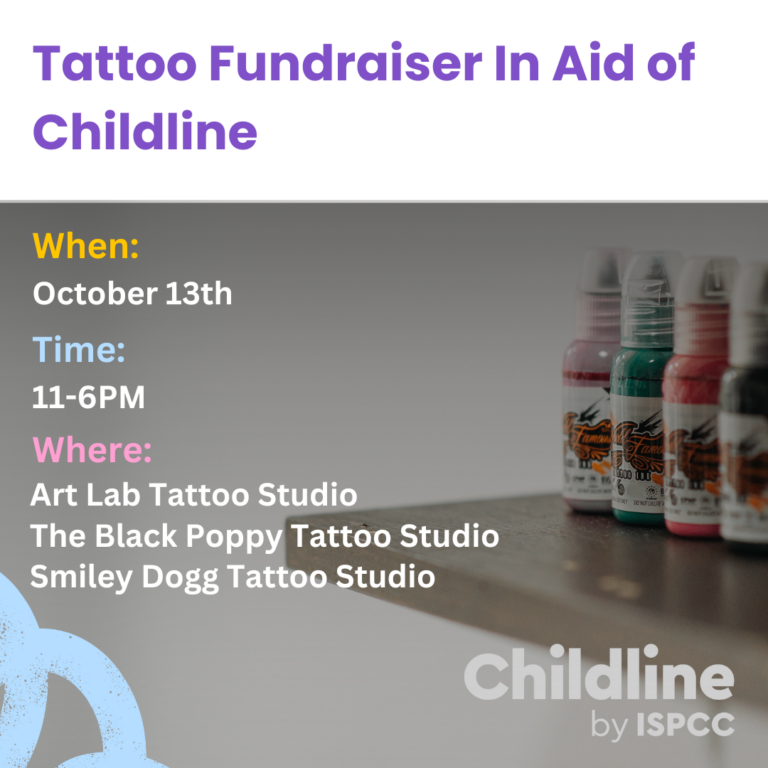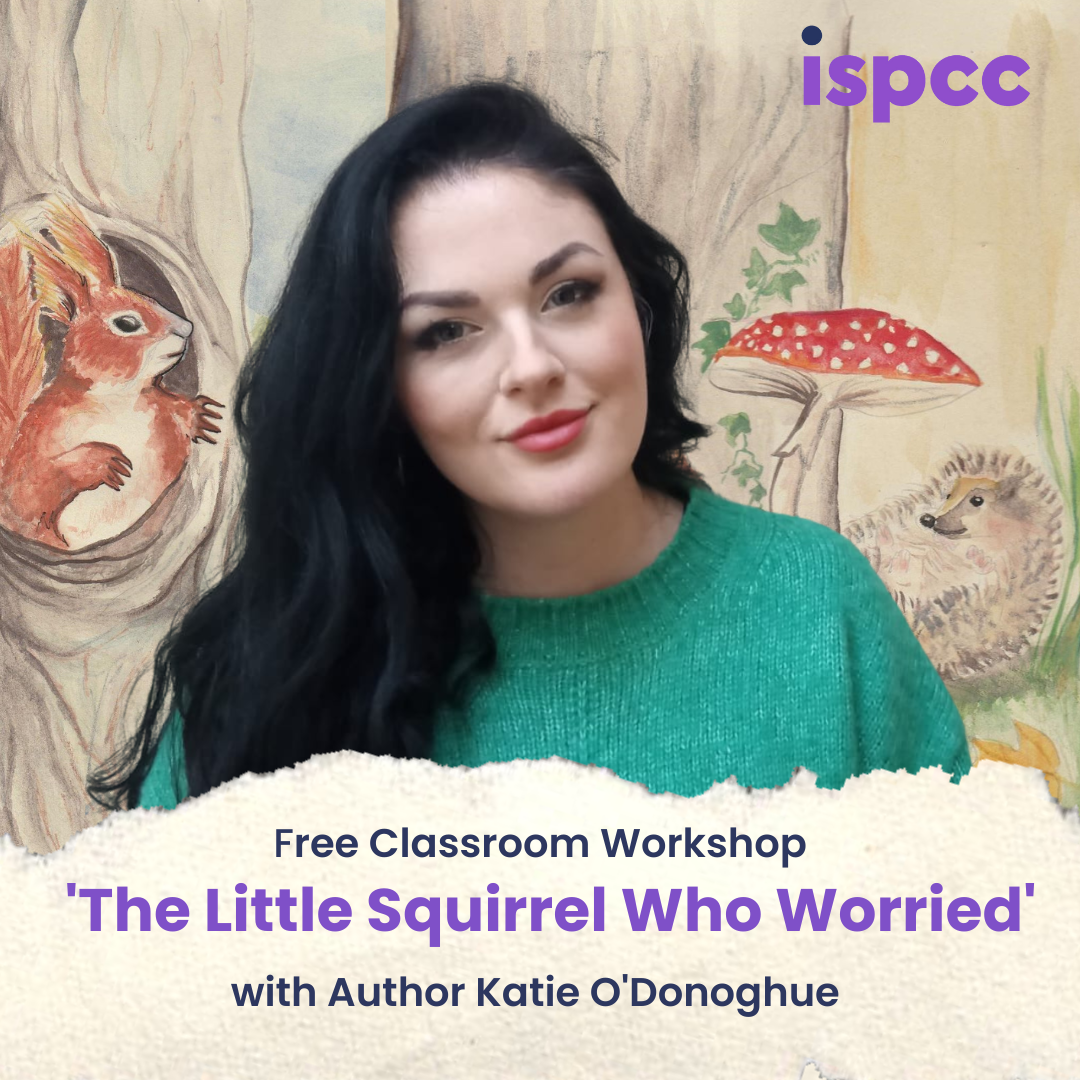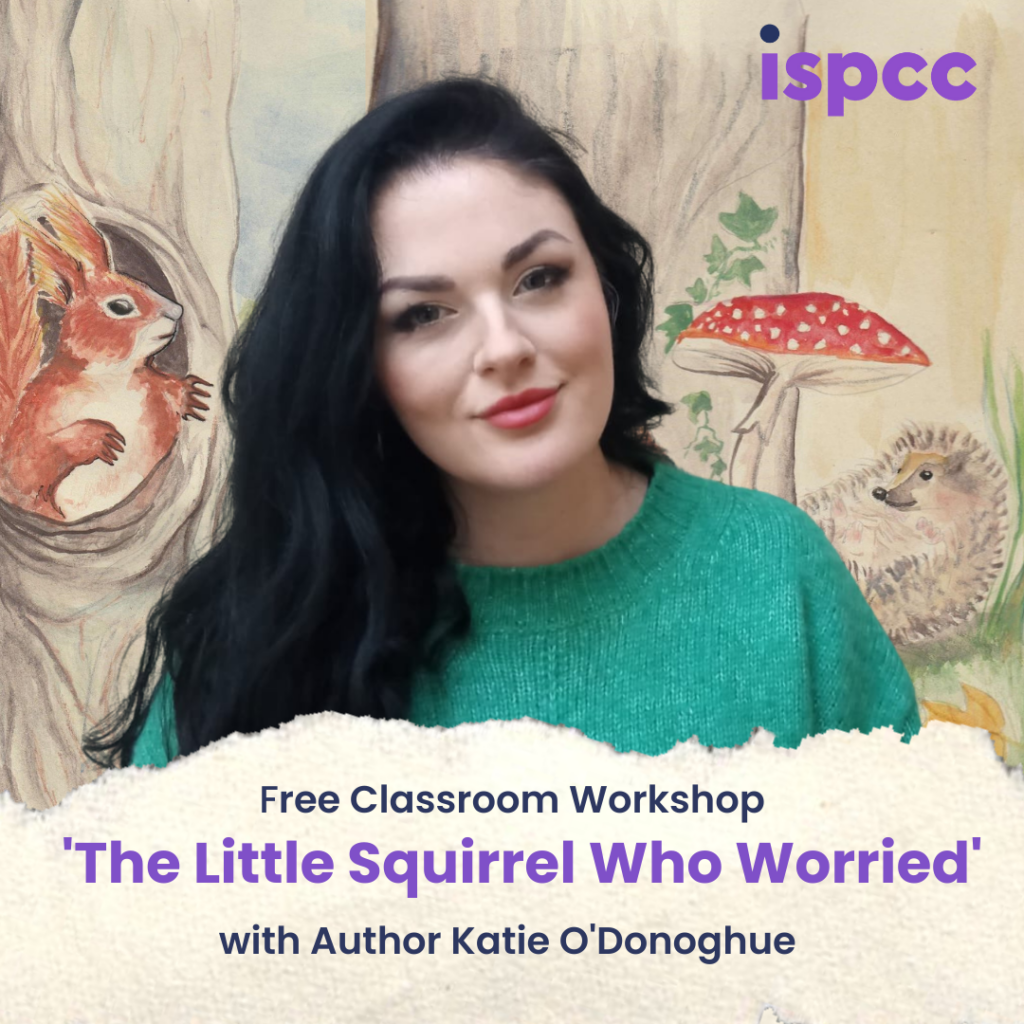Dublin, November 27th, 2023 – Childline by ISPCC has today launched a national Christmas appeal with heartbreaking statistics that reveal Ireland’s only 24-hour listening service for children and young people receives:
• 120,000 contacts each year of which almost one quarter are classified “level 4” – the most concerning.
• 26 contacts from children and young people in relation to child sexual abuse on a weekly basis.
• 169 contacts about incest to date (November 27th, 2023)
• Weekly Childline by ISPCC receives between five to 10 contacts from teenagers about rape.
This Christmas the team of staff and volunteers at ISPCC will be working hard to address these horrifying statistics. The 24/7 Childline listening service means that there is always someone to listen if a child or young person needs to share their story, during the festive season and all through the year.
Many of the contacts received by the team at ISPCC are heartbreaking. One of our volunteers Ciara* spoke several times to a little girl named Orla* who rang about how scared she was of the monster who came to her bedroom at night.
This monster should have been one of the most trusted people in her life, but nine-year-old Orla was being sexually abused by a member of her family.
Another volunteer Maria* tells of a young caller Jess* who was also being abused at home. Jess had been calling Childline regularly and through talking to our volunteers had built up her courage and determination to protect and save her siblings from her own horrifying experience.
Orla and Jess’s experiences are not rare. According to the CSO Sexual Violence Survey 2022, 41% of respondents, aged 18-24, experienced sexual violence as a child. Of those surveyed, 83% of victims knew the perpetrator.
Mairead McGinn, Director of Fundraising, ISPCC said: “Childline relies heavily on public generosity to help keep us here for every child and young person 24 hours a day. We depend on donations for up to 75% of the funding which keeps us listening 24hours a day, seven days a week, 365 days of the year. Every donation, no matter how small, makes a real difference and helps to ensure that we always provide a listening ear and support to those who need it.”
In addition to our 24/7 Childline service, ISPCC is also playing an active role to help prevent child sexual abuse through a number of proactive initiatives.
“At ISPCC, we know how important technology is as a means of combatting child sexual abuse. We are delighted to be involved in the GroSafe research project with TU Dublin, the aim of which is to develop a technology-enabled solution to build societal resilience to child grooming,” said Fiona Jennings, Head of Policy and Public Affairs, ISPCC.
She continued: “We are also working with TU Dublin in an End Violence Against Children funded research project to develop a tool that reveals the patterns of adults perpetrating online child sexual abuse and the children who are affected by such violence.”’
To donate this Christmas, go to www.ispcc.ie/christmas-appeal-2023/
*Names have been changed
ENDS

